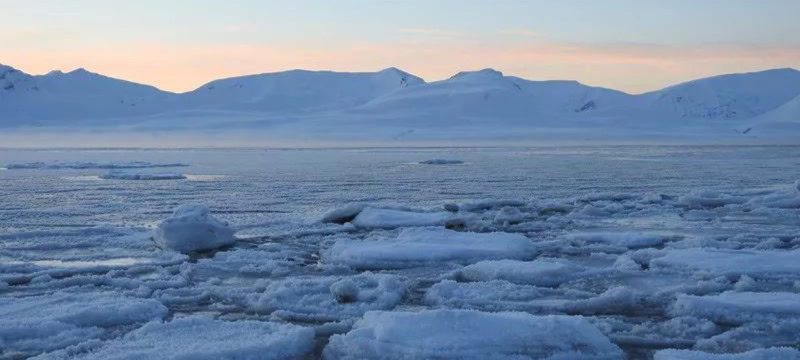China’s Tianjin Coastal Station has launched daily broadcasts on Arctic sea ice conditions off Russia’s coast, aimed at aiding vessels navigating the Northeast Passage as an alternative to the Suez Canal. The move reflects increasing global interest in Arctic routes due to reduced ice cover from global warming, allowing longer ice-free periods for shipping between the Pacific and Atlantic Oceans.
Collaboration between China and Russia in developing Arctic Sea Ice shipping routes has grown, driven by Russia’s need to export oil and gas to China amid Western sanctions, and China’s efforts to diversify its shipping routes away from the Strait of Malacca.
Read more: China Has Issued a Threat Of Death Penalty For Staunch Taiwan Separatists
News reported that the radio station will provide sea ice analyses, forecasts, and weather updates for key straits along the Russian coast—the Bering, Dmitry Laptev, Velikitsky, and Kara Straits—daily from July 1 to Oct. 31 at 2 p.m. and 10 p.m. Beijing time.
The Northeast Passage, also known as the Northern Sea Route (NSR), significantly shortens shipping distances between Europe and East Asia compared to the Suez Canal. Stretching 13,000 km from Murmansk to the Bering Strait, it offers a shorter route than the 21,000 km journey via the Suez Canal.
China currently imports liquefied natural gas (LNG) from Russia through the NSR, primarily via the Yamal LNG project. This initiative, led by Russian energy firm Novatek with investments from China National Petroleum Corp and China’s Silk Road Fund, serves the Northeast Asian market during summer months.
Gazprom, another major Russian energy player, successfully shipped LNG via the NSR to China in September last year. India, a significant purchaser of Russian oil, has also shown interest in Arctic sea ice shipping and economic cooperation with Moscow.









